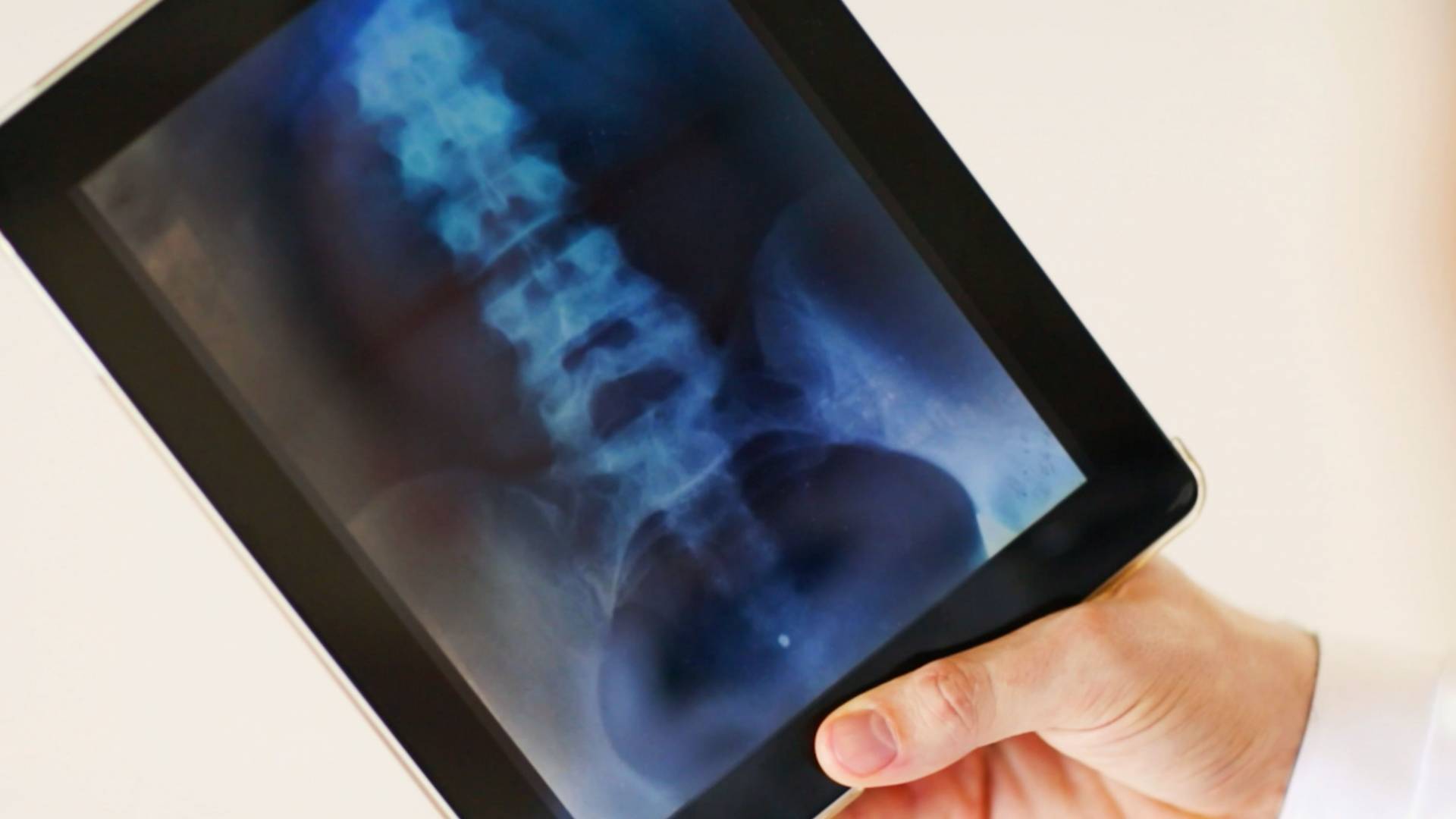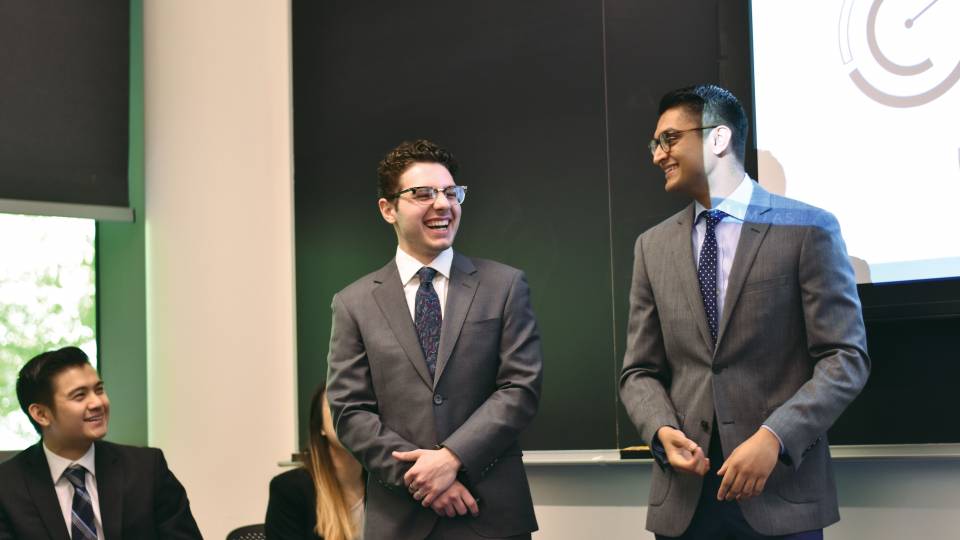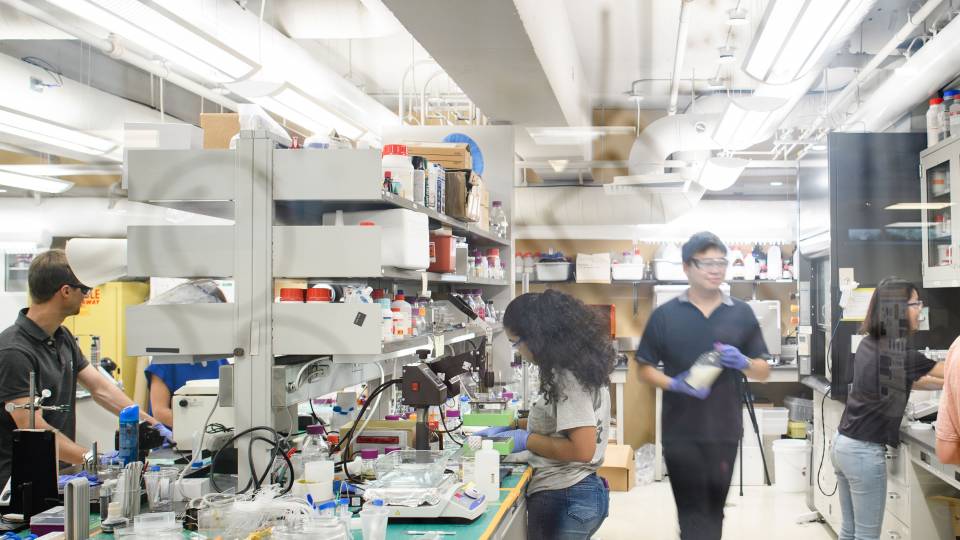A new recipe for patterning cells on a surface holds promise for the repair of damaged nerve tissue.
Princeton researchers — led by Jeffrey Schwartz, professor of chemistry, and Jean Schwarzbauer, the Eugene Higgins Professor of Molecular Biology — have developed a technique for adhering and aligning cells on a soft and flexible material, known as hydrogel, with the goal of creating a scaffold on which to grow neurons and provide guidance for the cells to extend the long thin projections, or axons, that serve as the transmission lines of the nervous system.
“Our hope is that using that technology, if axon reconnection occurs, that we will be able to see restoration of function,” Schwartz said. “Spinal cord injury is devastating, and if we could address a few of these, that would make us extremely happy.”
A key challenge was to find ways to make cells stick to hydrogel, a material that consists of a watery synthetic or natural polymer that resembles not-yet-set gelatin. To overcome this challenge, the researchers engineered a method for applying a cell-adhesive layer atop the hydrogel. First the team applies a hydrophobic (water-repelling) solvent that enabled formation of a titanium or zirconium oxide layer at the hydrogel surface. The next step is the self-assembly of a phosphonate monolayer, bound to the titanium or zirconium oxide coating, that is cell-attractive. By initially masking parts of the hydrogel surface, the researchers can create precisely defined sticky regions, enabling cells to be patterned, and to assemble a patterned extracellular matrix in arrangements that are useful to neural repair.
This research was featured at the annual Celebrate Princeton Innovation (CPI) event in November 2019 that highlights the work of faculty and student researchers who are making discoveries and creating inventions with the potential for having broad societal impact.
This year, CPI is part of Engage 2020, a multi-day virtual conference being held Nov. 4-6 to create new connections among Princeton innovators and leaders in entrepreneurship, industry, nonprofit organizations, and government in the state, regional and global innovation ecosystems. The CPI portion of the program is 3:30-6 p.m. Thursday, Nov. 5.




